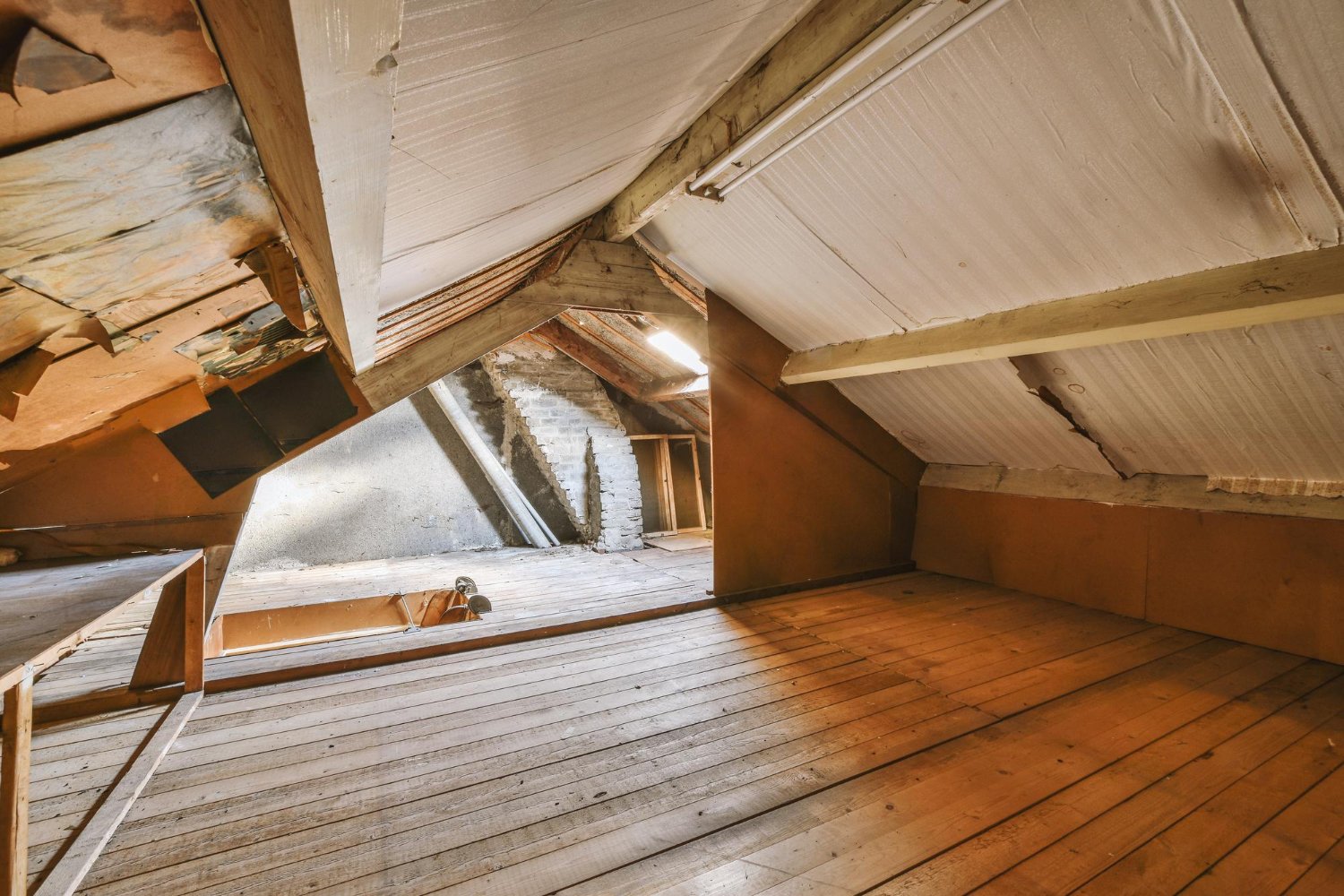Maintaining indoor air quality during winter can be challenging. With windows closed to keep out the cold, pollutants build up. Let’s examine how to improve indoor air quality in winter and enjoy healthier living spaces.

Understanding the Impact of Winter on Indoor Air Quality
Winter weather can cause a remarkable decline in indoor air quality. Less ventilation and more time spent indoors can lead to a buildup of harmful elements.
Common Indoor Air Pollutants
Indoor air pollutants include dust mites, mold spores, pet dander, and air contaminants from cooking and smoking. Lower humidity and stagnant air can make these pollutants more potent in winter.
Health Risks of Poor Indoor Air Quality
Bad indoor air quality can cause health issues such as allergies, asthma, respiratory infections, and other chronic conditions. It’s vital to address these household pollutants promptly.

Steps to Improve Indoor Air Quality in Winter
Use Air Purifiers
Air purifiers help reduce indoor air pollutants. Consider using air purifiers with HEPA filters for exceptional results.
Ensure Proper Ventilation
Proper ventilation, even in winter is crucial. Open windows occasionally to let in fresh air. Use exhaust fans in the kitchen and bathroom to remove odors and moisture.
Maintain Indoor Humidity Levels
Low humidity can worsen air quality. Use humidifiers to keep indoor humidity levels between 30-50% to fight dry air effectively.
Regular Cleaning
Clean your home regularly. Dust shelves, vacuum carpets, and wash bed linens to remove allergens and dust mites.

Choosing the Right Plants for Indoor Air Quality
Benefits of Indoor Plants
Houseplants can enhance indoor air quality by absorbing toxins. They also add aesthetic value to your home.
Best Plants for Air Purification
Consider spider plants, peace lilies, and Boston ferns for their exceptional air-purifying properties. These plants are low-maintenance and effective at improving air quality.
Filtration Systems and Their Importance
Types of Filtration Systems
Install HVAC systems with high-quality filters to trap air pollutants. Keep these filters clean and replace them regularly to ensure efficiency.
Benefits of UV Filtration
UV filtration systems can kill bacteria and viruses, providing cleaner air. Incorporate these systems into your home’s filtration setup.
Ensuring a Smoke-Free Environment
Impacts of Smoke on Air Quality
Smoking indoors greatly harms air quality. Implement a no-smoking policy within your home to avoid respiratory issues caused by secondhand smoke.
Minimizing Wood Burning
Wood-burning stoves and fireplaces release pollutants like carbon monoxide. Use alternatives like electric or gas heaters for a cleaner environment.
Choosing the Right Cleaning Products
Select eco-friendly and non-toxic cleaning products. Avoid products with harsh chemicals and fragrances, as they can contribute to indoor pollution.
Regular HVAC Maintenance
Regularly maintain your HVAC system to ensure it runs efficiently. Clean and replace filters, and have your system inspected annually.
Investing in Carbon Monoxide Detectors
Winter brings an increased risk of carbon monoxide exposure. Place detectors on each floor and near sleeping areas to ensure safety.
Using Natural Fragrances
Avoid synthetic air fresheners. Use natural alternatives like essential oils to maintain fresh indoor air.
Monitoring Indoor Air Quality
Regularly monitor your indoor air quality using devices that measure air pollutants. Identify problem areas and take steps to address them.
Tackling Mold and Mildew
Regularly check for mold and mildew in damp areas. Use dehumidifiers and fix leaks promptly to prevent their growth.
Reducing Pet Allergens
If you have pets, bathe them regularly and clean pet areas to minimize dander and allergens.
FAQ
What are the Signs of Poor Indoor Air Quality in Winter?
Signs include persistent allergies, respiratory issues, odd odors, and excessive dust buildup.
What Type of Air Purifier Should I Use?
Opt for HEPA filter air purifiers for maximum efficiency in trapping pollutants.
How Often Should I Replace HVAC Filters?
Replace HVAC filters every 1-3 months, depending on usage and manufacturer recommendations.
For more information on improving indoor air quality, check out this helpful guide.
As an Amazon Associate, I earn from qualifying purchases.




